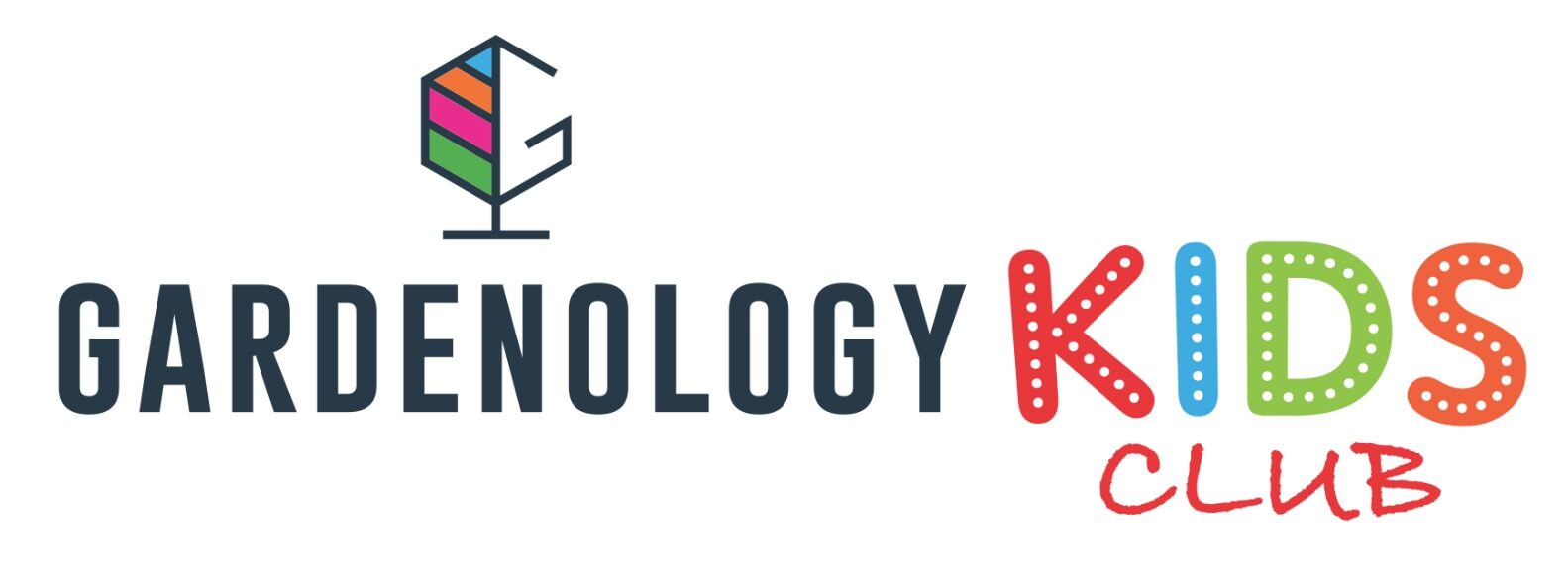Little Gardeners, Big Impact: How Pollinator Gardening Can Help Save the Planet
As parents, we want to instil in our children a love for nature and an appreciation for the environment. One way to do this is by introducing them to pollinator gardening, a fun and educational activity that can also have a positive impact on the planet.
Pollinator gardening involves creating a garden that is specifically designed to attract and support pollinators such as bees, butterflies, and hummingbirds. These insects and birds play a crucial role in pollinating plants, which helps to maintain biodiversity and support the production of crops.
Here are some tips for creating a pollinator garden with your children:
- Choose the right plants: Pollinators are attracted to specific types of flowers and plants, so it’s important to choose the right ones for your garden. Look for plants that are native to your area and provide a variety of colours, shapes, and sizes. Some great options include milkweed, coneflower, and bee balm.
- Provide a water source: Pollinators need access to water, so consider adding a bird bath or shallow dish filled with water to your garden. Be sure to change the water regularly to prevent the spread of diseases.
- Avoid pesticides: Pesticides can be harmful to pollinators, so it’s important to avoid using them in your garden. Instead, try natural pest control methods such as companion planting or using insecticidal soap.
- Make it educational: Pollinator gardening can be a great opportunity to teach your children about the importance of pollinators and how they contribute to the ecosystem. Encourage your children to observe the pollinators in your garden and learn more about their behaviour and life cycle.
- Get creative: Pollinator gardening doesn’t have to be limited to just plants. You can also create a habitat for pollinators by adding features such as a bee hotel or butterfly house. These can be fun DIY projects to do with your children.
By creating a pollinator garden with your children, you can not only teach them about the environment but also make a positive impact on the planet. Pollinators are essential to our ecosystem, and by providing them with a habitat, we can help to ensure their survival for generations to come.
In conclusion, pollinator gardening is a fun and educational activity that can help children develop a love and respect for nature. By following these simple tips, you can create a garden that not only attracts pollinators but also provides a beautiful and beneficial space for your family to enjoy. Start your own pollinator garden today and make a difference in the world, one flower at a time.




